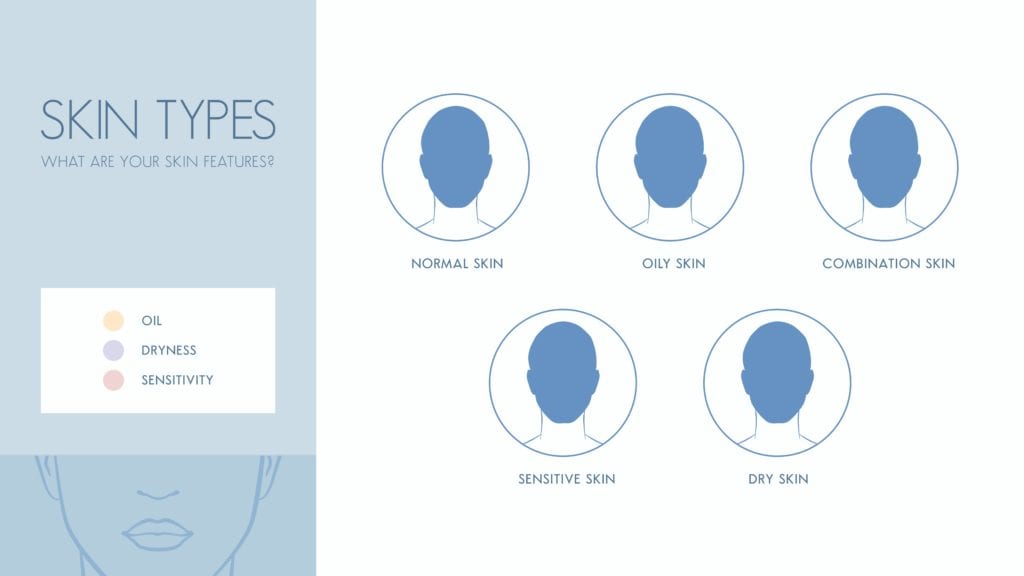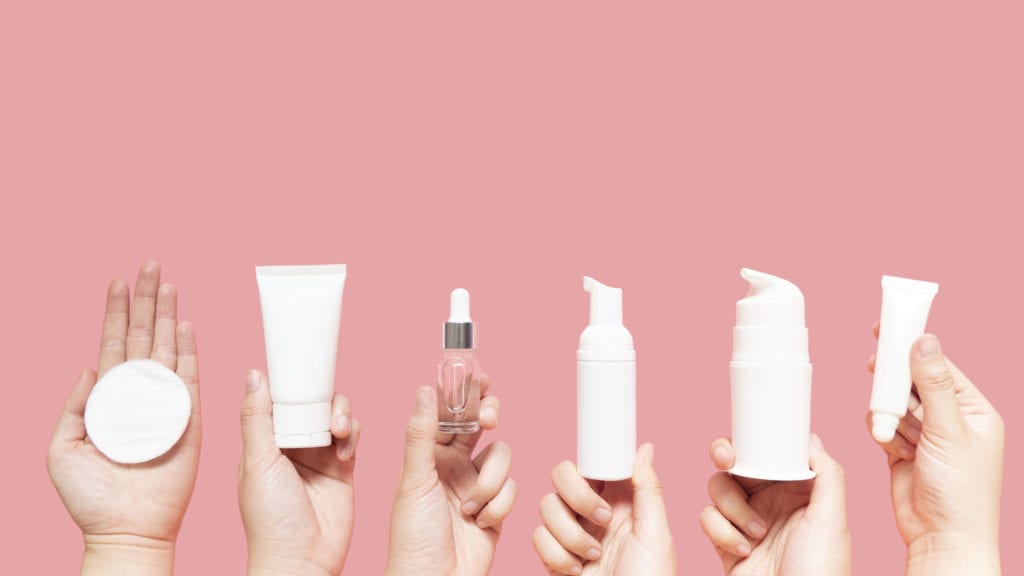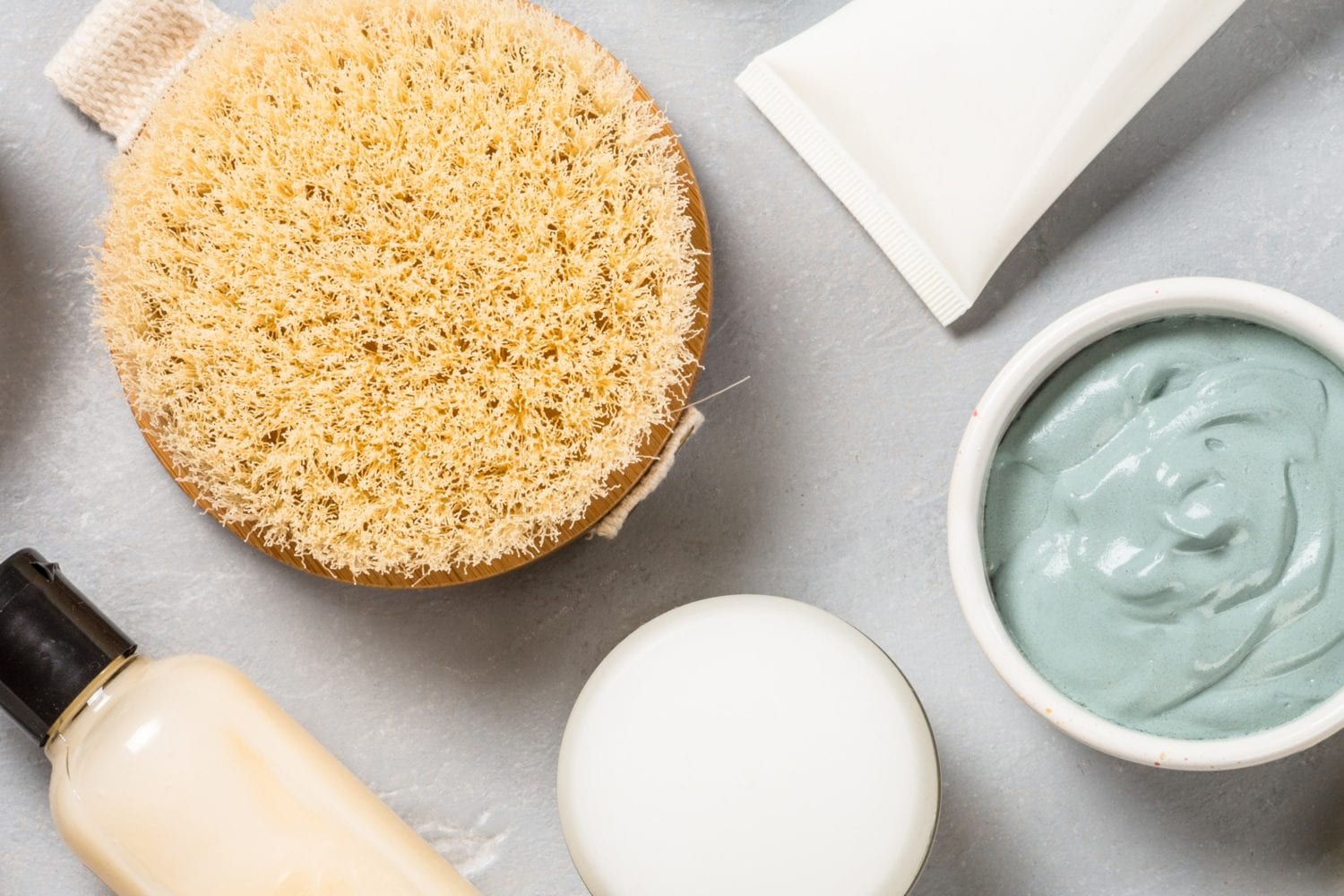How to Create Optimum Skin Care Routines
by
You take care of your heart, your lungs and your kidneys to keep them healthy. So doesn’t it make sense to do the same for the largest and fastest-growing organ in your body—your skin? It helps you by covering and protecting you all day, every day. Help your skin by establishing good skin care routines.
Knowing your skin type and texture
A soft, smooth and dewy complexion is something many of us wish we had—especially if we have sensitive skin or “problem” skin that is oily, dry or acne prone. Skin texture can also be an issue for some people. It appears as rough skin or patches of rough skin that can be dry or flaky on the face. You may have sagging jowls or an abundance of dark spots caused by sun damage; we know that tanning can be dangerous. To strive for that youthful, smooth complexion and to improve your skin’s texture, it is important to develop and consistently adhere to a proper skin care regime.

Creating your skin care regimen
It’s not difficult to develop and follow a plan for better skin care. Know your skin type and understand that the way your skin looks is just as much a result of good habits as it is heredity. The basic regimen is very simple for any skin type: cleanse, tone and moisturize. After that, make sure to apply sunscreen with an SPF (sun protection factor) of 30 or more, regardless of skin type. The goal of a skin care program is to make your skin look good and function at its best. As with any program you implement, you won’t see results immediately. It takes time to notice the good effects—usually six weeks of following the plan consistently.
Here’s a basic plan with facial techniques to get yourself on the right track toward healthier-looking skin:
- Cleanse (to clear the skin of dirt and makeup)
When should you wash your face? Wash your face twice a day with a gentle cleanser that doesn’t strip away the healthy oils. Concentrate your cleanser in the areas where you have the most pores (often around your nose) and blemishes. Make sure you use a makeup remover to get the last traces of makeup off first and remember to not use soap, which can be drying, to wash your face. Choose beauty essentials made for your skin type:
Oily/acne-prone skin: Choose a foaming cleanser to clean oily skin.
Dry/eczema-prone skin: Choose a cream or lotion cleanser to clean dry skin.
Mature skin: Choose a butter-like salve that protects and retains moisture.
All skin types: Choose anything with micellar water because it removes debris and oil.
- Tone (to balance the skin)
A toner supplements a cleanser to wipe away residue. Choose products with hyaluronic acid that boosts hydration and seals in dewiness, rose water and green tea that can help calm irritated skin, and/or vitamins E and C that attack free radicals. Always apply toner with clean hands and after washing your face.
- Moisturize (to hydrate the skin)
When you moisturize, you’re hydrating and softening your skin by preventing water loss. Use a moisturizer twice a day, all year long. In the morning, your moisturizer—your day cream—can help protect your skin from environmental hazards and airborne toxins. At night, your moisturizer has a different duty: to repair damage. Always apply moisturizer when your skin is damp so that it is easily absorbed, and make sure it includes a broad-spectrum SPF.

Some tips for successful skin care
The program listed above—cleanse, tone and moisturize—offers the foundation for good skin care. However, there are additional tips that can help:
- There is no single “miracle” ingredient or product.
- Exfoliate your skin gently to remove dead skin cells at least two to three times a week with an acid-based exfoliant (glycolic, salicylic or lactic acid).
- Apply sunscreen in dots and wear it every time you go outside, regardless of the season.
- Avoid using products that contain harsh or irritating ingredients; notice how your skin reacts to the products you use.
- Apply serum while your face is damp.
- Your morning routine is about protection; the evening routine is about repair.
- Choose products made especially for your skin type.
- Avoid toners with alcohol 40 or denatured alcohol that can dry or irritate your skin.
- Adjust your skin care regiment seasonally.
- Use retinoid products at night to keep your skin more youthful.
- Eat a well-balanced diet with lots of fruits and vegetables.
- Get at least seven to eight hours of sleep a night.
Do you make proper skin care a priority? Make a career of it. Get diagnostic priming training when you enroll in skin care programs at Florida Academy. Learn the techniques of specialty makeup applications as a Diagnostic Priming Specialist, learning hands-on from industry professionals who teach you the skills and confidence you need to begin your career.
Call Florida Academy, a top beauty school in Fort Myers, Florida, to get started.

